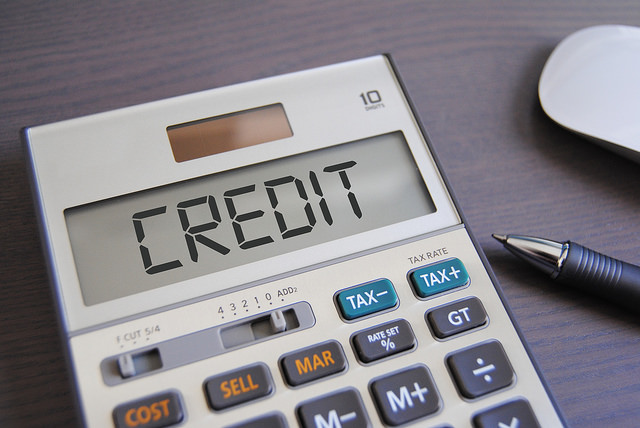While no one wants to consider filing for bankruptcy, sometimes unfortunate circumstances cause even the most reliable debtors to fail at meeting their financial obligations. Before filing for bankruptcy, it is essential to know about the different ways the process may impact your credit score.
#1 – It dramatically decreases your credit score
If you have good credit before filing, for instance, a score of 700 or higher, expect the score to decrease at least 200 points. If your credit score is in the 600’s or lower prior to filing, expect less impact but, nonetheless, a significant drop of up to 150 points.
#2 – It remains on your credit report for a decade
Depending on the type of bankruptcy, the time limits vary. For individuals or small businesses who are contemplating on whether to file there are different types to consider:
- Chapter 7 – This is the most common form known as a liquidation of assets and remains on the credit report for ten years.
- Chapter 13 – This is considered reorganization with a court-approved payment plan lasting, on average, from three to five years. Individuals declaring this type should be aware that it stays on a credit report for seven years.
- Chapter 11 – If a business (partnership, corporation, or LLC), or an individual with substantial debt needs to file for bankruptcy, it is usually categorized as Chapter 11. Some companies remain open during this period of restructuring.
#3 – Filings are Public
These filings are not private. The information is easily available online and printed in local newspapers.
#4 – You may rebuild your credit later
As time passes, the effects to your credit score will diminish. Since creditors still see lending to you as high-risk, secured loans and credit cards, as well cosigners, may help reconstruct your score.
#5 – Paperwork is required
The filing is not simple. It is time-consuming, requires full disclosure, and includes many intricate forms.
Bringing It All Together
Filing for bankruptcy is a critical decision that may affect your ability to borrow from creditors for quite some time. If you or someone you know are in a similar position, think about scheduling an appointment with a local bankruptcy attorney to discuss the alternatives, benefits, and risks available for your situation.
